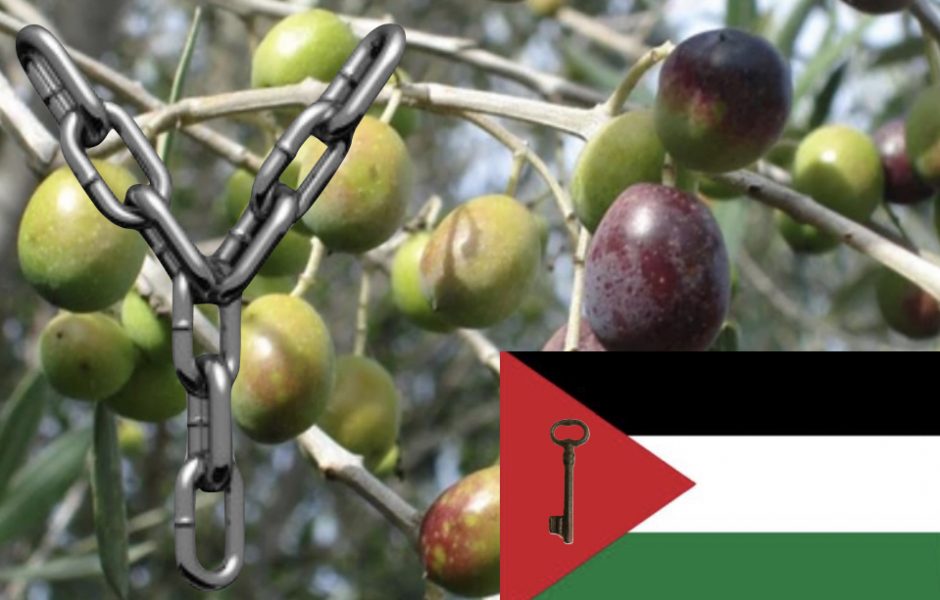The definition of insanity is doing the same thing over and over again and expecting different results.
— Rania (@umyaznemo) June 30, 2024
The definition of insanity is Israel.
The definition of ultimate insanity is the USA! pic.twitter.com/zDyibDiRFN
Recent Comments
Archives
- February 2026
- January 2026
- December 2025
- November 2025
- October 2025
- September 2025
- August 2025
- July 2025
- June 2025
- May 2025
- April 2025
- March 2025
- February 2025
- January 2025
- December 2024
- November 2024
- October 2024
- September 2024
- August 2024
- July 2024
- June 2024
- May 2024
- March 2024
- February 2024
- January 2024
- December 2023
Categories
- Admin
- Alina-Palestina
- American Congressmen Terrorists
- Amnesty International
- Assaf
- Astromystic
- Banksy
- Barghouthi
- Basel Adra
- BBC
- BDS
- Blindboy podcast
- Caitlin Johnstone
- Celebrities
- Chris Hedges
- Comedy
- Couple Sculptures
- Disabled People in Palestine
- Dr Husam Abu Safia
- Edward Said
- Epstein
- Evidence of Israeli Fascism and Nazism and Genocide
- Francesca Albanese
- Gaza
- Gaza Journalists
- Gazaleh
- Greta Thunberg
- Haaretz
- Hamadeh
- Heba Al Agha
- Hilmi
- Hind Rajab
- Hossam Shabat
- Illegal Israeli settlements in Palestine
- In Handala’s Playground
- Ireland
- Jeremy Corbyn
- Justice
- Karim Khan
- Katie Halper
- Lama
- Letters to the Olive Tree
- Lowkey
- Macklemore
- Mahmoud Darwish
- Malak Matar
- Malik Qraiqea
- Massacres & genocides
- Max Blumenthal
- Media
- Mehdi Hassan
- Middle East
- Miriam Margolyes
- Mohammed El Kurd
- Moist Critical Penguinz0
- Mustafa Barghouthi
- Naji Al Ali
- News from the apartheid
- Nobel Gaza Donkey ‘NGD’
- Norman Finkelstein
- Osama Hajjaj
- Osama Nazzal
- Owen Jones
- Palestinian agriculture
- Palestinian art & culture
- Palestinian cities, towns, villages and camps
- Palestinian creativity
- Palestinian cuisine
- Palestinian dabke
- Palestinian diaspora
- Palestinian history
- Palestinian Hostages in Israeli torture centres
- Palestinian Prisoners
- Palestinian prisoners
- Palestinian Resilience Day
- Palestinian Women
- Peace
- Phalapoem editor
- Philip Giraldi
- Piers Morgan
- Poems
- Politics
- Ralph Nader
- Roger Waters
- Sami Yusuf
- Sammy Obeid
- Sliman Mansour
- Smirat’s Column
- Songs
- South Africa
- Starvation war
- Susan Abullhawa
- UK
- Uncategorized
- UNRWA
- USA
- Videos
- Voice of Palestine
- Wael Al Dahdouh
- Zac Polański



